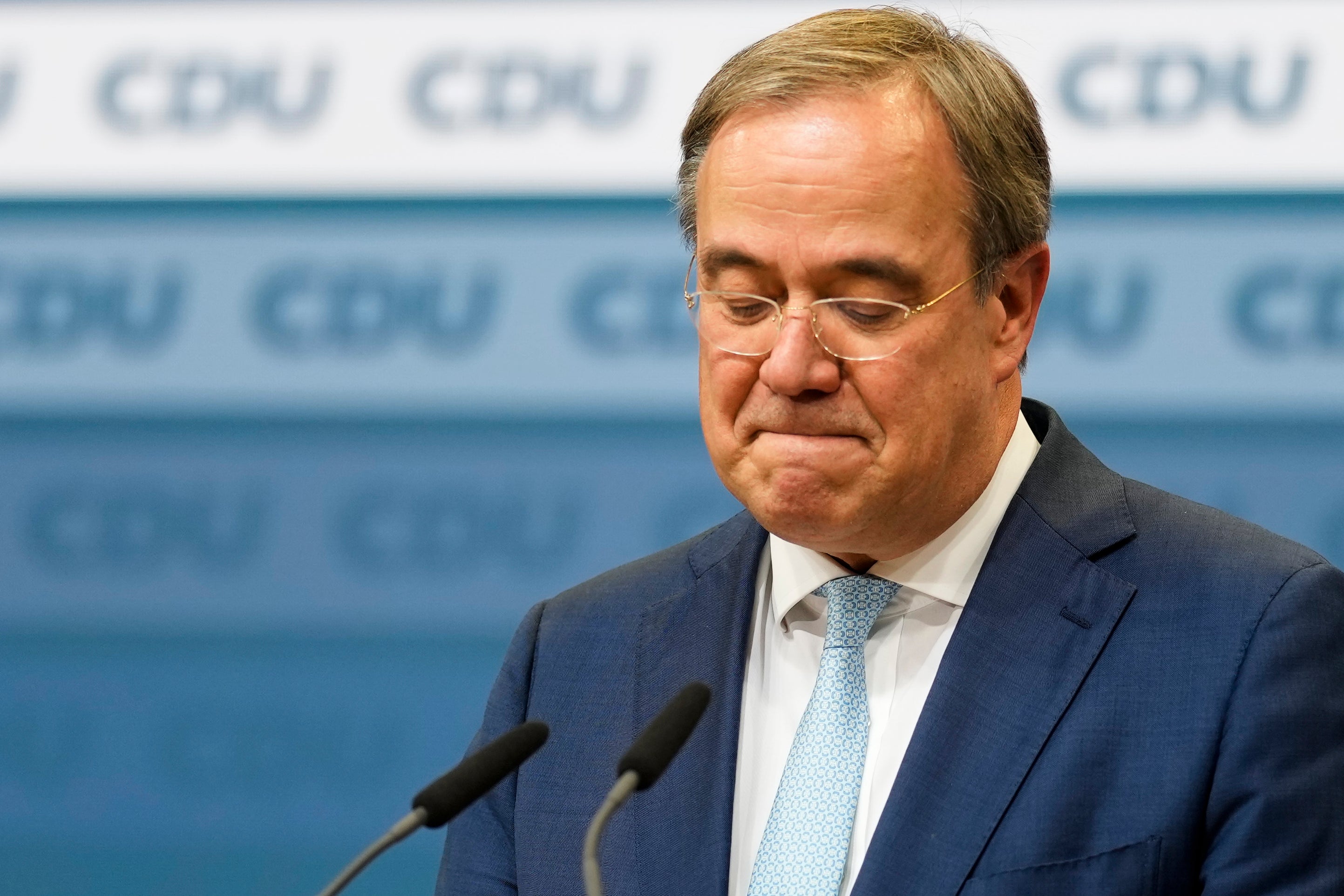3 parties to deepen talks on forming next German government
Germany’s center-left Social Democratic Party and two smaller parties say they will deepen their talks next week on forming a new government

Your support helps us to tell the story
From reproductive rights to climate change to Big Tech, The Independent is on the ground when the story is developing. Whether it's investigating the financials of Elon Musk's pro-Trump PAC or producing our latest documentary, 'The A Word', which shines a light on the American women fighting for reproductive rights, we know how important it is to parse out the facts from the messaging.
At such a critical moment in US history, we need reporters on the ground. Your donation allows us to keep sending journalists to speak to both sides of the story.
The Independent is trusted by Americans across the entire political spectrum. And unlike many other quality news outlets, we choose not to lock Americans out of our reporting and analysis with paywalls. We believe quality journalism should be available to everyone, paid for by those who can afford it.
Your support makes all the difference.Germany's center-left Social Democratic Party and two smaller parties said Thursday they would deepen their talks next week on forming a new government, as the leader of outgoing Chancellor Angela Merkel s bloc indicated his willingness to step aside following an election defeat.
The general secretary of the pro-business Free Democrats, Volker Wissing, said that a first round of talks between his party, the Social Democrats and the environmentalist Greens had gone “very well.”
His Green party counterpart, Michael Kellner, told reporters it had been a “good day” for the discussions.
“I had the feeling in the talks that we can create something together,” Lars Klingbeil, the Social Democrats' general secretary, said.
None of the three divulged details of their negotiations, which if successful would push Merkel's Union bloc into opposition after her 16 years of leading Europe’s biggest economy. The bloc consists of the chancellor's center-right Christian Democratic Union and the Bavaria-only Christian Social Union.
The head of the Christian Democrats, North Rhine-Westphalia state governor Armin Laschet, said Thursday that he would propose calling a party conference in the coming weeks to determine its future leadership.
Laschet, who was the Union bloc's candidate for chancellor, didn't say whether he would run to keep his party leadership post but spoke of the need to have “new personalities to make a fresh start.”
His campaign to succeed Merkel as chancellor failed to win over voters, and the bloc took 24.1% of the vote on Sept. 26, its worst-ever result, coming in second behind the Social Democrats.
The 60-year-old Laschet has already said he will not continue as governor of North Rhine-Westphalia.
___
Follow AP’s coverage of Germany’s election at https://apnews.com/hub/germany-election